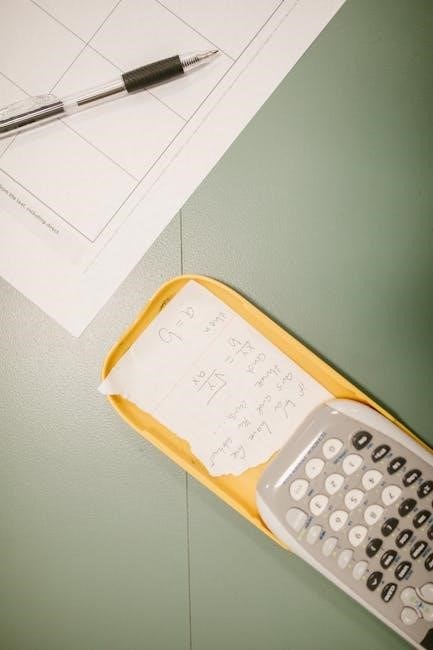Study guides have been a long-standing tool for students to prepare for exams and tests․ But the question remains, are study guides truly effective? In this article, we will explore the benefits and drawbacks of study guides and examine the research on their effectiveness․

What are Study Guides?
Study guides are materials that outline the key concepts, terms, and ideas that students need to know for a particular exam or test; They can take many forms, including printed booklets, online resources, or even mobile apps․ Study guides often include features such as charts, reference sheets, flashcards, and practice tests to help students learn and retain information․


Benefits of Study Guides
There are several benefits to using study guides․ For one, they can help students organize their studying and focus on the most important material․ Study guides can also provide a clear and concise overview of the subject matter, making it easier for students to understand and retain the information․ Additionally, study guides can be a useful tool for students who are struggling to keep up with the coursework or need extra support․
Types of Study Guides
- Professor-created study guides: These are study guides created by the professor or instructor of the course․ They are often tailored to the specific course material and can be a valuable resource for students․
- Student-created study guides: These are study guides created by students themselves․ They can be a useful way for students to review and reinforce their understanding of the material․
- Commercial study guides: These are study guides created by companies or organizations․ They can be a useful resource for students who need extra support or want to supplement their coursework․
Effectiveness of Study Guides
Research on the effectiveness of study guides is mixed․ Some studies have found that study guides can be a useful tool for improving student outcomes, while others have found that they have little impact․ One study found that students who used a study guide had higher exam scores than those who did not use one․ However, another study found that the use of study guides did not have a significant impact on student grades․
Tips for Using Study Guides
- Create your own study guide: Creating your own study guide can be a useful way to review and reinforce your understanding of the material․
- Use the professor’s guide as a practice test: Using the professor’s study guide as a practice test can help you identify areas where you need to focus your studying․
- Compare the study guide to the course material: Comparing the study guide to the course material can help you identify any gaps or areas where you need extra support․
Final Thoughts

Ultimately, the effectiveness of study guides depends on how they are used․ By creating their own study guides, using the professor’s guide as a practice test, and comparing the study guide to the course material, students can get the most out of their studying and achieve their academic goals․ Whether or not study guides are effective, they remain a popular tool among students and educators, and their use is likely to continue in the future․